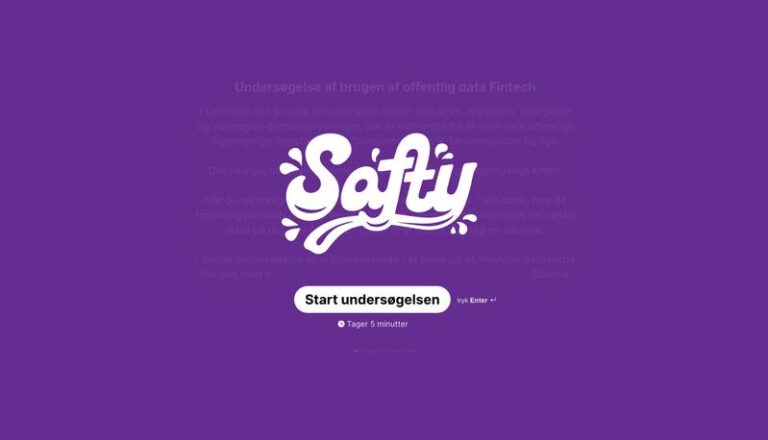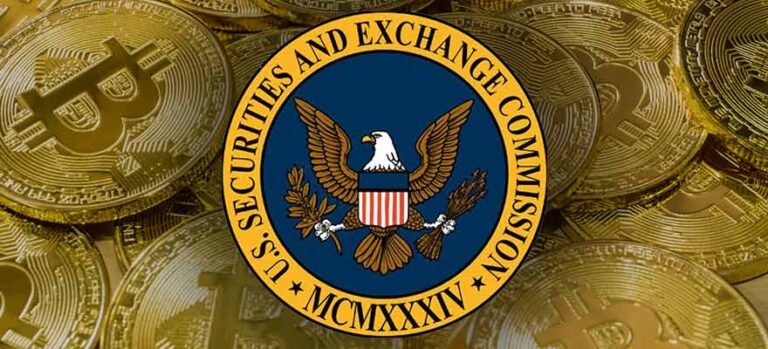In a groundbreaking move, the Federal Criminal Police Office (BKA) in Germany recently seized the largest amount of Bitcoin in history. The cryptocurrency windfall, totaling nearly 50,000 Bitcoins, was handed over by one of the suspects involved in the investigation against the operators of the illicit platform Movie2k.to. This unprecedented development has sent shockwaves through the cryptocurrency and law enforcement communities alike.
Illicit Streaming Platform Movie2k.to under Investigation: The Bitcoins, with a current value of approximately €2 billion at the current rate of €40,000 per BTC, were temporarily secured by authorities in mid-January 2024. The investigations conducted by the General Prosecutor’s Office received support from the BKA, the FBI, and a Munich-based forensic IT expert firm. The fate of these seized Bitcoins is yet to be definitively determined, as stated by the General Prosecutor’s Office. This marks the largest seizure of Bitcoins by law enforcement agencies in the history of the Federal Republic of Germany.
Movie2k.to, a platform allegedly involved in the illegal distribution of over 880,000 copyrighted films from 2008 to 2013, was taken down in 2013. The two main suspects, accused of running the operation from August 2020, are believed to have accumulated substantial profits from advertising fees and subscription scams, using them to amass a significant quantity of Bitcoins since mid-2012.
Continued Investigations and Voluntary Bitcoin Surrender: The ongoing investigations into the suspected operators, a 40-year-old German and a 37-year-old Pole, focus on charges of systematic illegal exploitation of copyrighted works and money laundering. The recent voluntary surrender of the substantial Bitcoin holdings by one of the accused further underscores the complexity of this case.
This is not the first instance of Bitcoin being seized in connection with the Movie2k.to case. In 2020, the site’s programmer, who had been in custody since 2019, handed over Bitcoins valued at €25 million as a form of “compensation for damages.” This highlights the multifaceted legal and financial repercussions faced by those involved in such illicit activities.
The Movie2k.to case stands out as a pivotal moment in Germany’s fight against online piracy and illegal streaming services. The unprecedented seizure of nearly 50,000 Bitcoins signals a significant victory for law enforcement, showcasing the evolving challenges and strategies in the battle against cybercrime. As the legal proceedings continue, the fate of these seized Bitcoins will undoubtedly be closely watched by the global cryptocurrency and law enforcement communities.













